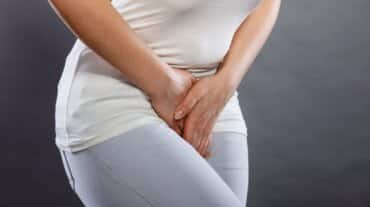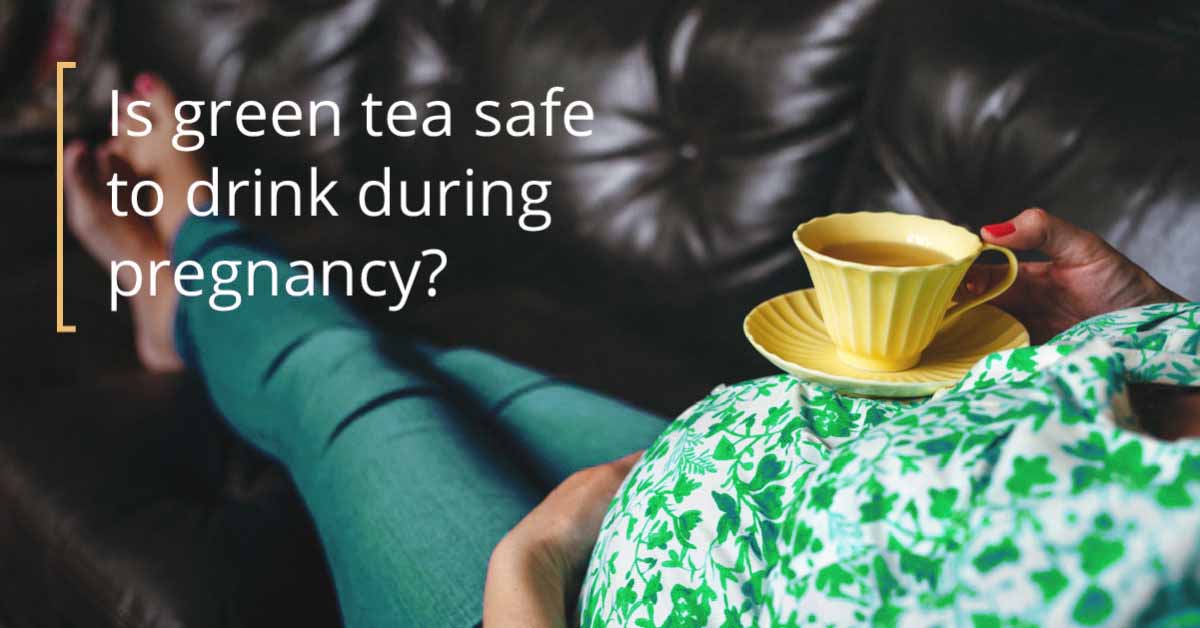From intercourse to childbirth to menstruation, the vagina has many roles within the female reproductive system. Over time, adult women may begin to experience vaginal cramping at some point in their lives. It can arise due to many reasons and sometimes it can be due to a combination of reasons. In fact, it may not even always be a case of vaginal stretching.
It’s definitely something worth noting but nothing to be concerned about. However, like other issues related to intimate health, it is advised to understand and treat the condition slowly and promptly.
Understanding the anatomy of the vagina
The vagina is an internal organ that opens to the outside of the body. It is a strong channel that connects the vulva, which houses the external reproductive organs or genitals, to the uterus, located inside the body.

The labia majora is called the ‘lip’ of the vagina. The ‘labia minora’ refers to the inner lip that connects to the vagina. Barrier against discomfort and damage to the clitoris and vagina. The ‘labitos’ is a flap of skin outside the vaginal area. It is normal for the shape of the labia to vary from woman to woman and even from one side of the labia to the other.
On the other hand, infection, allergies, cyst formation, and other abnormalities can cause the labia to enlarge and cause noticeable bruising. In such cases, it is advised to seek proper medical attention through consultation with a gynaecologist.
Why does the vagina stretch?
Throughout a woman’s lifetime, the vagina can change significantly due to a number of factors. Changes in the structure of the vagina can be caused by friction from sexual intercourse, pregnancy and childbirth, hormonal changes, various types of infections, and other causes.
Pregnancy is the most common condition that can lead to vaginal stretching and other structural changes in the vagina. This is because, during pregnancy, as the baby grows, so does the uterus. The uterus dilates to make room for the baby to grow and develop. Because of this expansion, the vagina also stretches. The cervix rises up and away from the vagina as it dilates upward.

Additionally, pregnancy-related changes in hormone levels have an effect on the vagina. The pelvis receives more blood flow, which changes the color of the vulva and vagina more deeply. The connective tissue of the vaginal walls gradually relaxes throughout pregnancy to prepare for delivery. After delivery, the vagina and vulva dilate for a short time. Also, with aging, the walls of the vagina become more loose and widen in diameter.
During the menstrual cycle, the shape of the vagina can change. The vagina adjusts in response to the hormonal changes caused by your menstrual cycle. When estrogen levels peak around mid-cycle, vaginal tissue thickens and fills out.
Take away
It is important to understand that, biologically, there is not a constant level of vaginal tightness. There are fluctuations in the structure of the vagina arising from many factors and conditions. However, if you experience pain or prolonged discomfort in and around your vagina, it is recommended to get a diagnosis from a medical professional.




